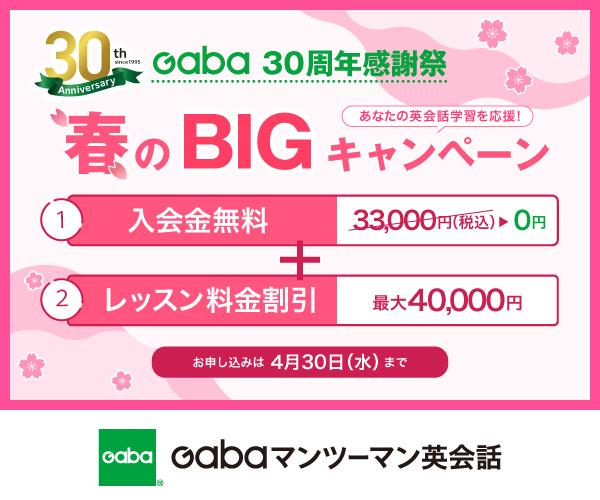会話を学ぶ「英会話講座」
2016.6.29
デザインのアイディアに行き詰まる

<Leonardと友人のDrewがDrewの家のリビングルームでDrewが描いたデザインに目を通しています。>
Drew: I feel like I’m at the end of my rope with this project.
Leonard:How can I help?
Drew:Well, you’re the only person I know who’s familiar with design. I thought maybe you could lend me a fresh pair of eyes on this.
Leonard:Sure, let me have a look. [looks at the papers]
Drew:I know, they still need a lot of work.
Leonard:Actually, I think they show a lot of promise. What’s the problem?
Drew:There might be promise, but it’s few and far between.
Leonard:You’re overthinking it. They’re really quite good!
Drew:Thanks… I guess I’ll just have to keep working on them.
Leonard:Let me know if I can help you with anything else.
Drew:もう後がないって感じ、このプロジェクト。
Leonard:どうすれば手助けできる?
Drew:まあ、俺の知り合いでデザインに詳しいのお前しかいないんだよ。お前だったら、ちょっと新しい視点からこれを見てもらえるんじゃないかって思ってさ。
Leonard:いいよ、ちょっと見せて。[デザインに目を通す]
Drew:まだまだなのはわかってるよ。
Leonard:そうかな、結構見込みがあると思うけど。何がいけないの?
Drew:見込みなくはないかもしれないけど、すっごく少ないよ。
Leonard:考えすぎてるよ。すごくいいじゃん、実際!
Drew:そう言ってくれてありがとう… その方向で続けてみるしかないみたいだな。
Leonard:他にも何か手伝えることがあったら言ってくれよ。
キーフレーズ
“(at/come to/reach) the end of (one’s) rope (with)” (~については)もう限界である
この表現は我慢がこれ以上続かない状態であることを意味し、不満や苛立ちなどが高まり、限界に達しているときに使われます。また、いろいろと手を尽くしてきた問題などに対して、もはや打つ手がないことを言う際にも使うことができる表現です。
Daisy:I’m at the end of my rope with this tablet! No matter what I do it won’t play my music.
Grant:Maybe we should take it in to the shop. They may be able to tell us what’s wrong.
Daisy:もう我慢の限界だわ、このタブレット!音楽がどうやっても再生できないじゃない。
Grant:買った店に持って行ったほうがいいかもな。何がいけないのかたぶん教えてもらえるんじゃない。
“a fresh pair of eyes” 別の視点
別の人に見てもらうことによって、自分では気づかなかった誤りなどを指摘してもらったり、それまでに思いつかなかった新たな発想などを与えてもらうことができるという意味のフレーズです。
Marissa:I’m a big fan of the blue ones, but the yellow ones are nice too. What do you think?
Joe:I really like the yellow ones, but I don’t mind the blue ones either. Maybe we should get a fresh pair of eyes?
Marissa:ブルーのやつがすごくいいと思うんだけど、黄色いのも素敵ね。どう思う?
Joe:黄色がすごく気に入ったけど、ブルーでも構わないと思う。誰か他の人にも見てもらったほうがいいかもね。
“(have/show) (a lot of) promise” うまくいく見込みがある
将来成功を収める可能性があることや物事がうまくいきそうであることなどを意味するフレーズで、人に対しても、ものに対しても使われる表現です。例えば、若くて才能のある芸術家などに対して使うことができます。
Jim:Wow, what a day. I’m exhausted. But we’ve still got a lot of work to do.
Emilia:That’s true. But it’s already showing a lot of promise.
Jim:すごいな、働いたな今日は。くたくただよ。でもまだまだやることがあるな。
Emilia:そうね。でも、かなりうまくいきそうな感じしてきたわ。
“few and far between” 非常にまれな
あまり頻繁には起こらないことや極めて少ないことを意味するフレーズです。元々は形のあるものがあまり多く存在していないことと、それらが物理的に離れて存在していることを言う表現でしたが、今では形がないものに対しても使われています。
Bridget:I enjoyed the movie, but did you think it was pretty different from the book?
Gwen:Yeah, you’re right… Recently, adaptations that stick to the plot of the book have been few and far between.
Bridget:楽しかったけど、原作とかなり違ってたと思わない、この映画?
Gwen:うん、そうね…映画版のストーリーが原作に忠実ってこと、最近ほとんどないわよね。


 【Gabaからのお知らせ】
【Gabaからのお知らせ】 【特集】
【特集】 【英単語の正しい使い分け】
【英単語の正しい使い分け】 【使いこなす句動詞】
【使いこなす句動詞】